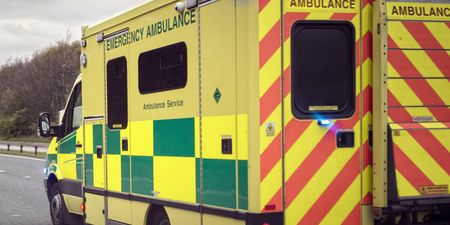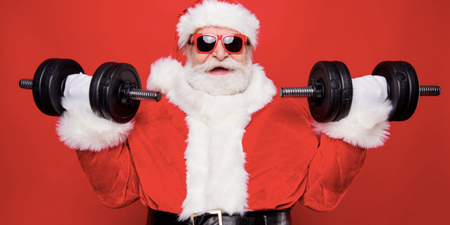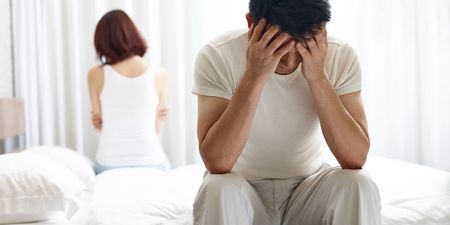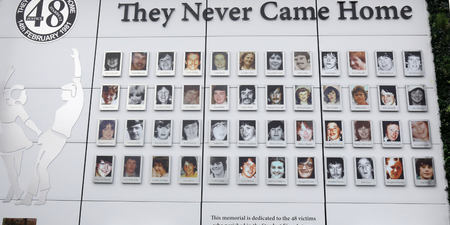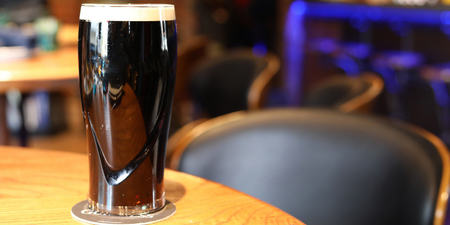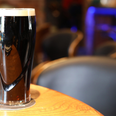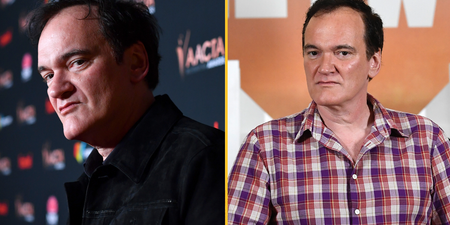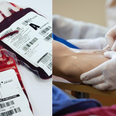‘Sleep is for the weak’ you might have been told when out partying or when your militant boss wants you to do an 18-hour shift.
But this couldn’t be further from the truth. Getting enough sleep will actually make you stronger – not just mentally, but physically too.
They say you should try and get at least eight hours a night – and there’s a very good reason. Sleep is when your body and brain repair and recharge.
But this is especially true if you’re doing any punishing kind of training or you’re trying to build muscle.
You can take all the supplements, eat all the protein and lift all the weights you want, but our muscles repair and grow when we rest – and there’s no better rest than sleep.
We know sleep deprivation can make you gain weight, increase your stress hormone cortisol levels and even mess with your appetite-suppressing hormone leptin.
But sleep is key to muscle growth as well as general physical well-being, so understanding exactly what happens when you go to bed is important.
The Sleep Matters Club have pulled together some science about what happens with an athletes body in terms of muscle growth when they sleep.
There are four stages of the sleep cycle, which fluctuates between non-REM and REM (Rapid Eye Movement) sleep every 90 minutes.
Stage 1 is when you first doze off and you are easily woken. Brain wave patterns in this stage are associated with muscle memory and ‘logging’ movements learned during the day.
Then Stage 2 of the sleep cycle is when you descend into a light sleep and your brain activity slows down. The body relaxes in preparation for a deep sleep and starts to produce Human Growth Hormone (HGH), which increases the growth of muscle tissue and regulates the body’s metabolism.
Following this comes the deepest and more restorative part of the sleep cycle in Stage 3. Blood supply to the muscles increases, more HGH is released and most growth and repair occurs in this period.
The growth hormone flooding the body helps the muscles recover and re-energise as well as supporting improved immune function and metabolism.
An anti-inflammatory hormone called prolactin is also released which are important for joint recover.
Stage 4 is the REM phase when brain activity fires up again when you’re most likely to experience dreaming. It’s during this phase that your muscles are supplied with extra oxygen to breakdown lactic acid. If you’re not getting enough shut-eye, you get painful and potentially-problematic muscle knots called “trigger points” building up.
Minor tears in the muscle are also repaired.
This infographic shows the full sleep cycle and how it works to restore your body after a hard day of training…
This article originally appeared on JOE.co.uk.
LISTEN: You Must Be Jokin’ with Aideen McQueen – Faith healers, Coolock craic and Gigging as Gaeilge






